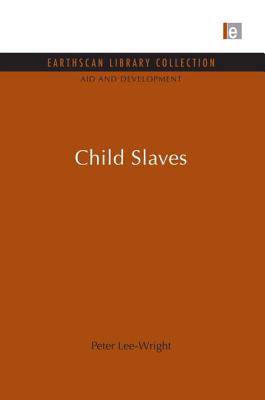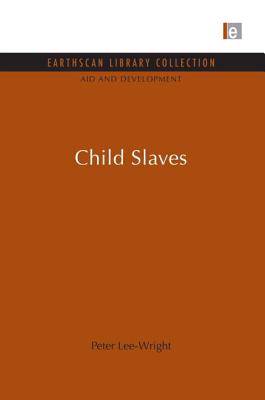
- Afhalen na 1 uur in een winkel met voorraad
- Gratis thuislevering in België vanaf € 30
- Ruim aanbod met 7 miljoen producten
- Afhalen na 1 uur in een winkel met voorraad
- Gratis thuislevering in België vanaf € 30
- Ruim aanbod met 7 miljoen producten
Omschrijving
In Portugal, 12-year-olds manufacture clothes destined for British chain-stores. In Brazil, children work more than nine hours a day glueing shoes for sale in the West. This book, based on research done with the co-operation of the Anti-Slavery Society for a recent major BBC television documentary, exposes the scandalous exploitation of children's labour and services throughout the world - a system from which the national economies of Europe and the USA profit.
What is eaten, worn and used every day in Western homes is all too often produced at the expense of poor children's welfare. Sugar and shoes from Brazil, tea and textiles from Bangladesh, carpets and brassware from India, vegetables from Mexico, furniture from the Philippines - such goods and commodities may well depend upon the labour of children who are the victims of an inequitable economic order. The other side of the coin is that as travel to the Third World increases - in Bangkok, Manila, Rio -.juveniles are forced to sell their bodies to Western tourists who can provide easy income to those in the lower reaches of poverty.
Peter Lee-Wright graphically shows in words and photographs that the shameful exploitation of children is not confined to any one culture or industry. It is a problem that involves us all.
Originally published in 1990
Specificaties
Betrokkenen
- Auteur(s):
- Uitgeverij:
Inhoud
- Aantal bladzijden:
- 300
- Taal:
- Engels
- Reeks:
Eigenschappen
- Productcode (EAN):
- 9780415846424
- Verschijningsdatum:
- 14/02/2013
- Uitvoering:
- Paperback
- Formaat:
- Trade paperback (VS)
- Afmetingen:
- 156 mm x 234 mm
- Gewicht:
- 426 g

Alleen bij Standaard Boekhandel
Beoordelingen
We publiceren alleen reviews die voldoen aan de voorwaarden voor reviews. Bekijk onze voorwaarden voor reviews.











